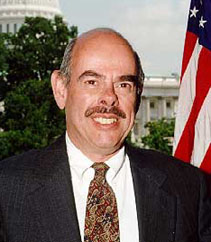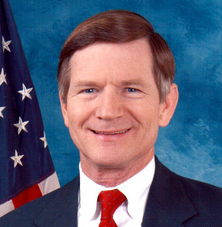 As we’ve seen, RIAA has been pushing for
Internet Radio DRM,
limitations to the
Fair Use Act,
and apparently
elimination of Internet radio.
This may seem counter-productive.
Doesn’t the Recording Industry Association of America want to
promote its recording artists?
And isn’t radio a traditional way of doing that?
And doesn’t Internet radio provide even wider reach of marketing
for RIAA’s artists’ products?
As we’ve seen, RIAA has been pushing for
Internet Radio DRM,
limitations to the
Fair Use Act,
and apparently
elimination of Internet radio.
This may seem counter-productive.
Doesn’t the Recording Industry Association of America want to
promote its recording artists?
And isn’t radio a traditional way of doing that?
And doesn’t Internet radio provide even wider reach of marketing
for RIAA’s artists’ products?
Well, not really:
The answer is sales. The RIAA isn’t pushing for every artist, it’s pushing a few select products. One star selling a million records is worth a lot more than one hundred stars selling ten thousand records each, even if the end numbers seem to tally up the same.In other words, apparently RIAA is pushing the fat head and doesn’t care about the long tail; much less about participation. Continue reading— Can you hear me now? by Brett Thomas, bit-tech.net, Published: 21st April 2007
 The
The  As we saw in
As we saw in
 Hands Off the Internet conflates more things that just aren’t the same.
First, they quote a recent story by a college physics sophomore:
Hands Off the Internet conflates more things that just aren’t the same.
First, they quote a recent story by a college physics sophomore:
 Nope, what we want you to know is that the big telcos that are the
primary Internet Service Providers (ISPs) in the U.S. these days
had nothing to do with inventing our modern Internet.
They also had very little to do with commercializing it.
The first two geographically distributed commercial ISPs
were UUNET and PSINet, back in 1990.
AT&T, MCI, Sprint, and all the other telcos horned in on the party
years later.
Nope, what we want you to know is that the big telcos that are the
primary Internet Service Providers (ISPs) in the U.S. these days
had nothing to do with inventing our modern Internet.
They also had very little to do with commercializing it.
The first two geographically distributed commercial ISPs
were UUNET and PSINet, back in 1990.
AT&T, MCI, Sprint, and all the other telcos horned in on the party
years later.



 Rep. Lamar Smith (D-Austin) recently (9 Apr)
said he didn’t understand net neutrality
Rep. Lamar Smith (D-Austin) recently (9 Apr)
said he didn’t understand net neutrality